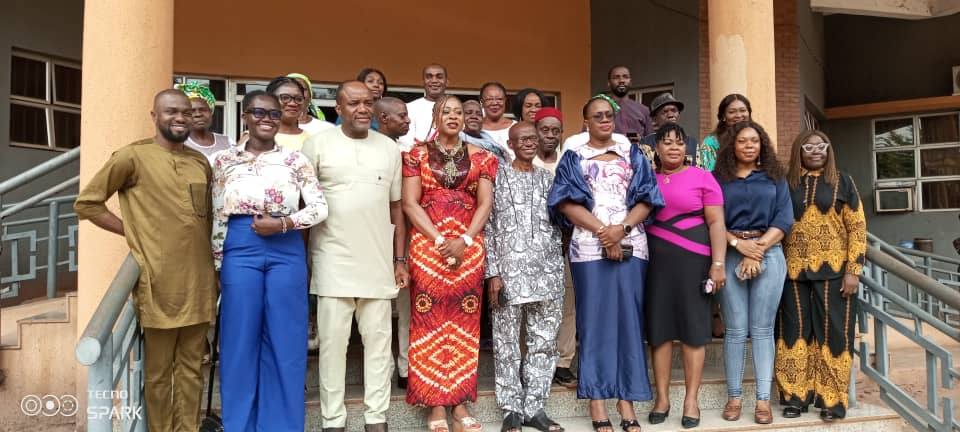Lawrence Nwimo, Awka
The Anambra State Government and its partners have come together to address gaps in service delivery in the agricultural and health sectors through the Strengthening Public Accountability for Results and Knowledge (SPARK 2) project.
Ikengaoline learned that the objective of the project is to enhance access to quality healthcare and agricultural services for the people of Anambra.
Stakeholders in the project recently convened at the Jerome Udoji State Secretariat in Awka, the state capital, to strategise on ways to improve service delivery in these critical sectors.
The participants underscored the importance of collaboration and coordination among government agencies, non-governmental organisations, and other partners to ensure effective meeting of the people’s needs.
The SPARK project focuses on bolstering the capacity of healthcare facilities and agricultural extension services to better serve the communities in Anambra.
During the meeting, IBP SWOFON Consultant Mr. Folahan Johnson, commended the Anambra State Government for initiating a database for farmers, mentioning that “Anambra would be an ideal pilot state for our database creation for smallholder women farmers.”
Dataphyte representative, Ibilolia Akahome, elaborated on the significance of the database, emphasising the inclusion of vital information for the state government and the potential for expansion to cover the entire farming population if required.
Assistant Secretary of COMEN, Vitus Oraegbunam, stressed the pivotal role of the SPARK 2 project in supporting the government’s health sector objectives, stating that “COMEN members are fully mobilised to oversee operations and ensure the state’s objectives are achieved.”
In a goodwill message, Ugochi Ehiahuruike, IBP SPARK 2 COMEN Consultant in Anambra State, expressed optimism for an empowering system for women farmers and enhanced service delivery in primary health centers across the state.
Another implementing partner, Mr. Okey Onyeka of Civil Rights Concern, called for prompt disbursement of the Healthcare Provision Fund and urged the Ministry of Health to ensure availability of health budget performance reports for public scrutiny.
SPARK 2 Project Manager for JDPC Nnewi, Onyekachi Ololo, acknowledged the need to address gaps in primary healthcare despite government investments, stressing the importance of quick communication channels with the government to report any anomalies observed.
Commissioner for Budget and Economic Planning, Mrs. Nnake, emphasised the significance of partnerships that benefit citizens and improve health and agriculture metrics, noting the need for alignment between partner initiatives and government programmes.
“We must harmonise what you have with what we have. Our Bureau of Statistics is critical here,” she stated, highlighting the Bureau of Statistics as a critical player in the endeavour.
Permanent Secretary of the Ministry of Agriculture, Mrs. Ifeyinwa Uzoka, emphasised the importance of data in the agriculture sector, stating the necessity to include data capturing in the budget for 2025.
Permanent Secretary of the Ministry of Health Dr. Obiageli Uchebo, stressed the need for training Ward Development Committees (WDCs) members to enhance service delivery in primary health centers, noting that the government is currently upgrading one primary health center per ward in the state.

